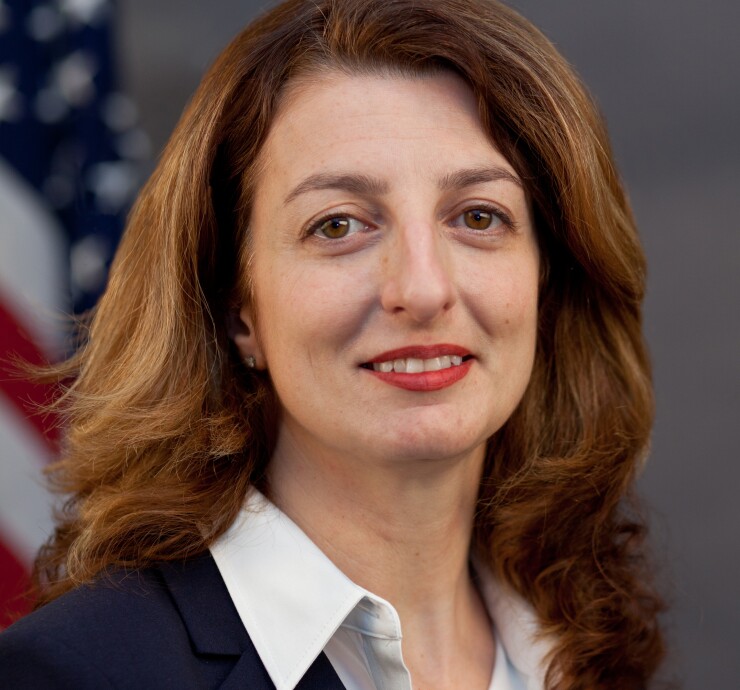
WASHINGTON — The Securities and Exchange Commission settled its first case under its Municipalities Continuing Disclosure Cooperation initiative after charging a school district in California with misleading bond investors about its past compliance with its continuing disclosure obligations.
The SEC found that the Kings Canyon Joint Unified School District, which serves students in Fresno and Tulare Counties, told investors in the official statement for bonds sold in November 2010 that it had complied with its prior continuing disclosure obligations. But that statement was false because, between at least between 2008 and 2010, the school district had failed to submit some disclosures, the SEC said.
The school district agreed to settle the charges without admitting or denying the findings. It agreed to cease and desist from committing any such violations in the future.
The MCDC, announced on March 10, allows issuers and underwriters to get favorable settlement terms if they voluntarily report, by Sept. 10, any time they offered bonds without disclosing failures to meet their continuing disclosure obligations. Under the SEC's Rule 15c2-12 on disclosure, an OS must disclose any time within the last five years the issuer failed to meet its annual financial and operating information filing requirement.
The negligent conduct occurred in an official statement for $6.87 million of general obligation refunding bonds underwritten by San Francisco-based Stone & Youngberg LLC, which has since been acquired by Stifel Financial Corp. Jones Hall served as disclosure counsel and bond counsel on the deal, but a lawyer there could not be reached for comment.
The OS said, "The district has had no instance in the previous five years in which it failed to comply in all material aspects with any previous continuing disclosure obligation under the rule." The SEC found the district had not lived up to its agreements for three 2006 and 2007 bond sales totaling more than $30 million, in violation of section 17(a)(2) of the Securities Act of 1933, which makes it illegal to obtain money by means of omission or misstatement of fact.
"The integrity of the municipal securities market requires that issuers carefully comply with all of their disclosure obligations," said Andrew J. Ceresney, director of the SEC's enforcement division. "Our MCDC initiative is one piece of our efforts to ensure that issuers meet their obligations going forward."
Under the terms of the MCDC, the district has 180 days post-settlement to take remedial action that includes complying with its continuing disclosure obligations, establishing policies and procedures designed to prevent future fraud, and cooperating with follow-up investigations of individuals by the SEC.
The MCDC does not provide for any leniency for individuals, who could still face full civil liability if the SEC decides to pursue charges. If the underwriter ends up settling with the SEC, it would be separate.
LeeAnn Ghazil Gaunt, chief of the enforcement division's municipal securities and public pensions unit, said the MCDC provides an opportunity for market participants to resolve SEC investigations quickly,
"An important component of the MCDC program is that it provides issuers who were already under investigation the opportunity to accept the standard terms and resolve their enforcement matters in a fair and efficient manner," she said. "We are pleased that King's Canyon has taken advantage of the program and we continue to encourage all eligible issuers and underwriters to do so while the MCDC terms are still available."
In addition to the other settlement requirements, Kings Canyon consented to disclose the terms of its settlement with the SEC in future bond offering materials.
The MCDC has been controversial among some issuers and broker-dealers, who have been lobbying the SEC to offer further guidance on the program and to extend the deadline until December or beyond. They include the Bond Dealers of America, Government Finance Officers Association, and Securities Industry and Financial Markets Association. But the SEC has said it is unlikely to make such changes.





